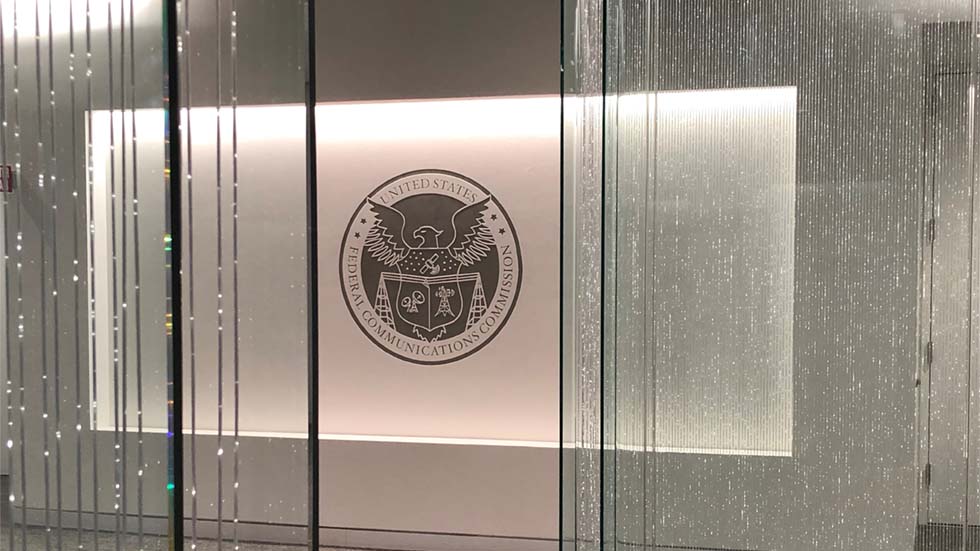FCC Must Perform Comprehensive Review of TV White Space Database, Says NAB
WASHINGTON—NAB urged the FCC Nov. 27 to initiate a thorough examination of a TV white space database operated by Nominet UK for errors that if left unaddressed could lead to television stations experiencing harmful interference from TV white space devices.
The request, made by Patrick McFadden, associate general counsel for NAB during a telephone call with Alison Steger, who works in the office of FCC Chairman Ajit Pai, was part of a broader discussion about the trade association’s petition of reconsideration of the Office of Engineering and Technology’s approval for Nominet to operate the database.
In a notice of ex parte communications dated Nov. 29 regarding the call, NAB asked the FCC to confirm that Nominet has fixed database errors it says have been corrected. “This is not the first time Nominet has made that claim,” the ex parte letter said. “In response to previous errors NAB identified, Nominet asserted in August that it had ‘addressed each technical issue’ with its database and would ‘continue to exercise rigorous ongoing oversight of its database.’”
However, NAB pointed out that subsequent to those assurances at least 200 full-power TV stations were listed in the database with incorrect channel information.
“The commission should not simply take Nominet’s word on this subject given the scope of the problems NAB identified,” it said. Rather, the agency should launch “a comprehensive review” of the database to verify available channels for use by TV white space devices, NAB said.
NAB also called on the FCC to reexamine the procedures used to certify a database administrator that “had committed potentially catastrophic errors,” it said.
[Want more information like this? Subscribe to our newsletter and get it delivered right to your inbox.]
Get the TV Tech Newsletter
The professional video industry's #1 source for news, trends and product and tech information. Sign up below.
Phil Kurz is a contributing editor to TV Tech. He has written about TV and video technology for more than 30 years and served as editor of three leading industry magazines. He earned a Bachelor of Journalism and a Master’s Degree in Journalism from the University of Missouri-Columbia School of Journalism.

